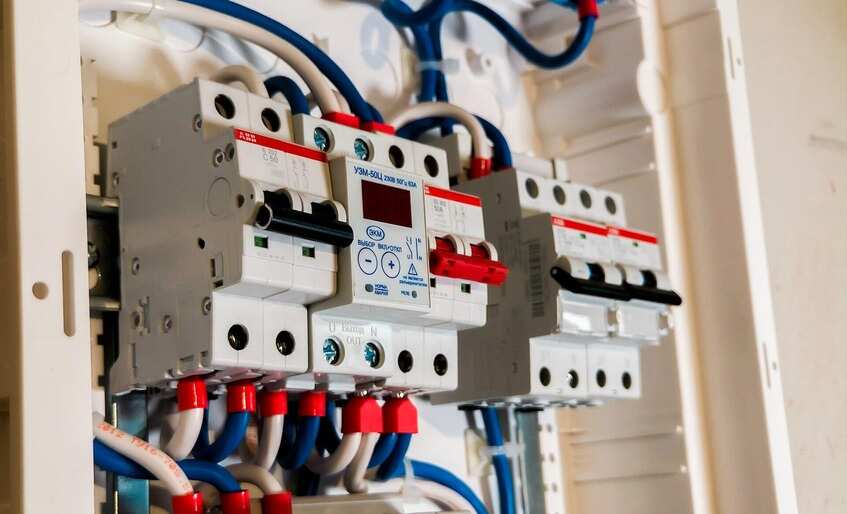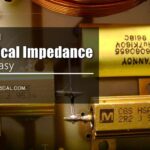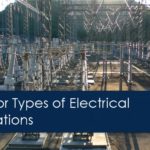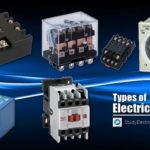Do you have electrical problems in your home? Many homeowners do, and it’s often because they don’t know how to properly maintain their electrical systems. Here are some of the most common household electrical problems and how to solve them:
1. Flickering Lights
If your lights are flickering, it could be a sign of an electrical problem. It could be caused by a loose connection, a faulty switch, or a bad bulb. If the flickering is severe, it could be a sign of a more serious problem, so you should call an electrician to check it out. Fixing flickering lights is usually a simple and easy process when you have an electrician working on it.
2. Dead Outlets
If you have an outlet that doesn’t work, it could be due to several different issues. It could be a tripped circuit breaker, a loose wire, or a faulty outlet. If you’re not sure what the problem is, you should call an electrician to have a look. While many electrical problems can be fixed without professional help, it’s always best to get a second opinion from an expert.
3. Frequent Circuit Breaker Trips
If your circuit breaker is constantly tripping, it could be a sign of an electrical problem. It could be caused by too many devices plugged into one circuit, a short circuit, or a faulty appliance. If the problem is severe, you should call an electrician to have a look. Most circuit breaker problems are relatively easy to fix, but it’s always best to have a professional take a look.
4. High Electric Bills
If your electric bills are suddenly higher than usual, it could be a sign of an electrical problem. It could be caused by an appliance that’s using too much power, a leak in your home’s electrical system, or something else. If you’re not sure what the problem is, you should call an electrician to have a look. Electrical issues are often simple to repair, but it’s usually a good idea to get an expert opinion.
5. Sparks or Burning Smells
If you see sparks or smell burning coming from an electrical outlet, it’s a sign of a serious problem. You should immediately unplug any devices that are plugged into the outlet and call an electrician. Sparks or burning smells could be caused by a short circuit, a faulty appliance, or something else. If you’re not sure what the problem is, you should call an electrician to have a look. Most electrical problems are relatively easy to fix, but it’s always best to have a professional take a look.
6. Frequent Light Bulb Blowouts
If you’re constantly blowing light bulbs, it could be a sign of an electrical problem. It could be caused by a loose connection, a faulty switch, or a bad bulb. If the problem is severe, you should call an electrician to have a look. Most electrical problems are relatively easy to fix, but it’s always best to have a professional take a look.
7. Damaged Extension Cords
If you have extension cords that are damaged, it’s a sign of an electrical problem. Damaged extension cords can be a fire hazard, so you should immediately unplug them and call an electrician. Damaged extension cords could be caused by a loose connection, a faulty switch, or something else. If you’re not sure what the problem is, you should call an electrician to have a look.
8. Electrical Shocks
If you’re getting electrical shocks from outlets or appliances, it’s a sign of a serious problem. You should immediately unplug any devices that are plugged into the outlet and call an electrician. Electrical shocks could be caused by a short circuit, a faulty appliance, or something else. If you’re not sure what the problem is, you should call an electrician to have a look.
9. Switch Not Working
If a switch isn’t working, it could be a sign of an electrical problem. It could be caused by a loose connection, a faulty switch, or something else. If you’re not sure what the problem is, you should call an electrician to have a look. Most electrical problems are relatively easy to fix, but it’s always best to have a professional take a look.
Also Read: What is a Transducer Used For?





